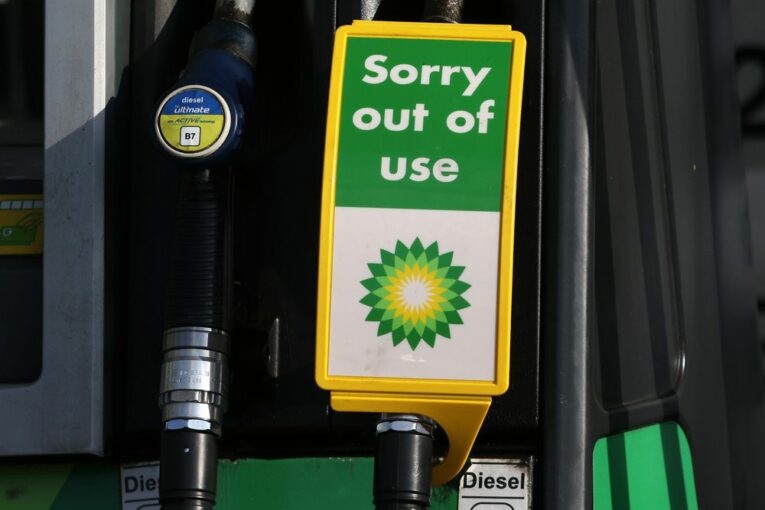
All one has to do to get a good dose of fear these days is turn on the news and hear all about how the latest variant of COVID-19 is rapidly spreading, anti-lockdown and anti-vaccine protests are getting worse, and geopolitical unrest is spreading.
That said, there is a huge risk, one that could be the biggest since the 2008 financial crisis, that is only now finally getting the attention it deserves despite governments not wanting it to. This is because it is a narrative contrary to an agenda that has hijacked the global stage and been trumpeted by central bankers, the United Nations and world leaders, both past and present.
It’s amazing how COVID-19 has been turned into “build back better” and a way to spend trillions of borrowed money on all-or-nothing climate change policy. The dangerous thing about such an idealistic mindset is that it is starting to wreak havoc on the global economic engine.
For hints of what is on the horizon, simply look across the pond to Europe and Asia, which are both facing the start of a full-on energy crisis.
Liquefied natural gas (LNG) prices in Europe have skyrocketed to US$25 per mmBtu while approaching near US$30 in Japan, according to Bloomberg. Citigroup has more than doubled its forecast for next quarter’s natural gas prices and are warning of tail risks that could send prices above US$100 per mmBtu if it happens to be a cold winter.
Gas stations in the United Kingdom are running out of fuel due to a shortage of truck drivers. And in China, there are rolling blackouts, steel mills and textiles have been forced to shut down and some cities even started turning off streetlights due to emergency power cuts, according to Al Jazeera.
Global supplies of oil and natural gas have been allowed to rapidly diminish due to fears generated by the widely adopted peak-demand narrative, which has encouraged capital to move away from supporting resource development in favour of environmental, social and corporate government (ESG)-compliant projects.
Then you have the aggressive tactics to curtail supply by environmentalists and governments, which are all too willing to invoke policies preventing pipelines and associated infrastructure from being built along with measures to reduce drilling and fracking activity.
These policies only accelerated during the COVID-19 shutdown, while a colder-than-normal winter and warmer-than-normal summer depleted inventories. For good measure, just-in-time supply bottlenecks that are still not resolved — and likely won’t be dealt with for some time — place even more restrictions on transportation.
Meanwhile, central bankers stubbornly continue to deny this is a problem because they don’t want to raise interest rates on their increasingly heavily debt-burdened governments. These low rates combined with governments going all in on climate change will only compound the supply problem, since they will drive critical capital away from oil and gas development towards renewable projects that are either too unstable or simply take longer to tie in.
Unfortunately, coal-fired generation is now being brought back on to provide a stable supply of power during the record hot temperatures of summer, and propane and natural gas use will skyrocket as the polar vortexes blow in.
Fortunately, we’ve hedged these risks in our client portfolios and are participating in the ongoing energy rally. But many others, including the pension plans and endowments, have sold their energy positions because they don’t want to own hydrocarbon-based investments.
Looking ahead, we are concerned that the sudden surge in energy prices couldn’t come at a worse time, since the global economy is trying its best to recover from the pandemic lockdowns. But tell that to governments that are all too keen to continue virtue signalling while their citizens worry that winter is coming.
Financial Post
Martin Pelletier, CFA, is a portfolio manager at Wellington-Altus Private Counsel Inc. (formerly TriVest Wealth Counsel Ltd.), a private client and institutional investment firm specializing in discretionary risk-managed portfolios, investment audit/oversight and advanced tax and estate planning.
_____________________________________________________________
If you like this story sign up for FP Investor Newsletter.
_____________________________________________________________
You can read more of the news on source
